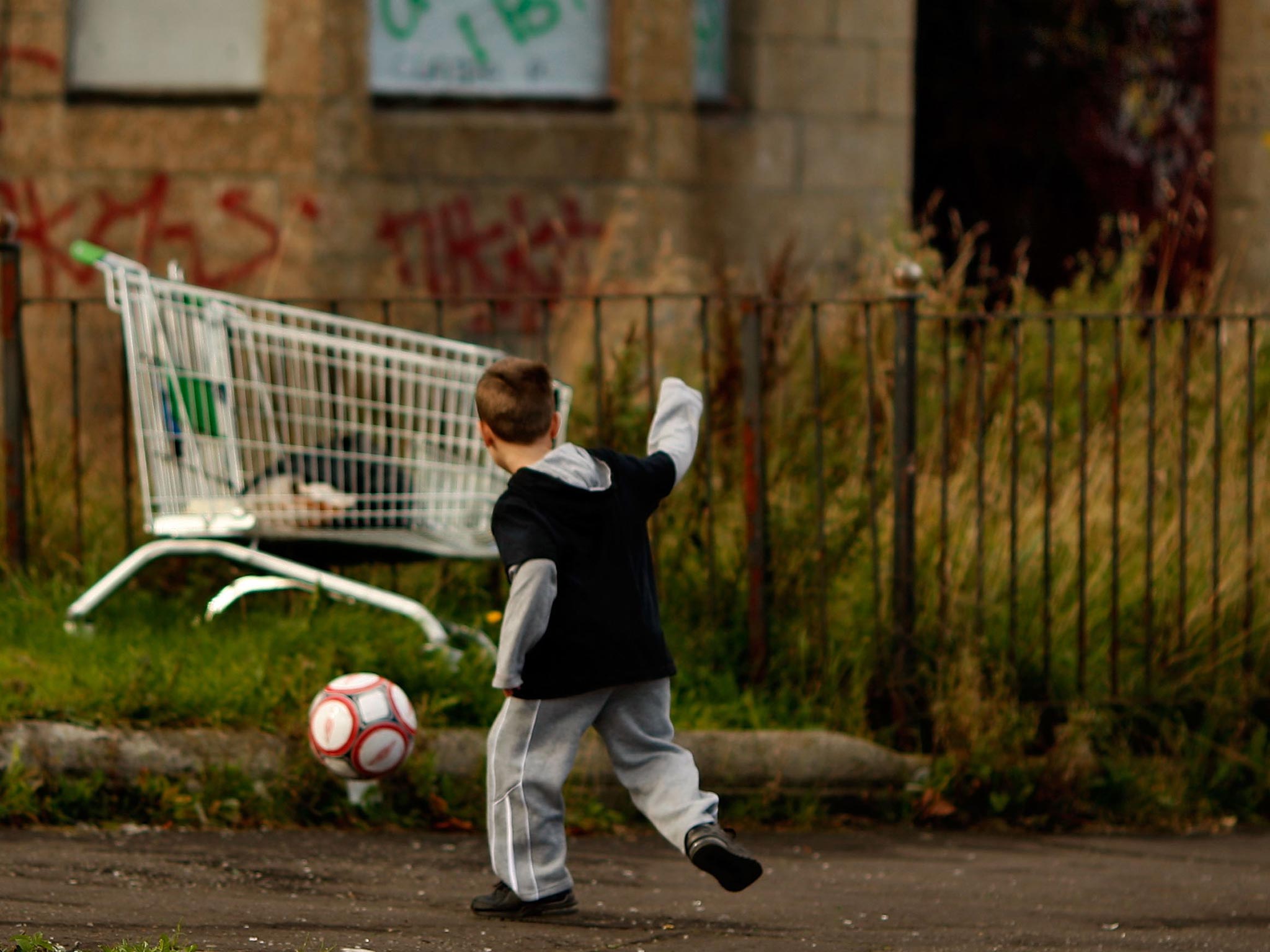Benefits cap could push 40,000 children into poverty, claims leaked DWP memo
The 'sensitive' civil service memo was sent work and pensions secretary Iain Duncan Smith just weeks after the general election

Your support helps us to tell the story
From reproductive rights to climate change to Big Tech, The Independent is on the ground when the story is developing. Whether it's investigating the financials of Elon Musk's pro-Trump PAC or producing our latest documentary, 'The A Word', which shines a light on the American women fighting for reproductive rights, we know how important it is to parse out the facts from the messaging.
At such a critical moment in US history, we need reporters on the ground. Your donation allows us to keep sending journalists to speak to both sides of the story.
The Independent is trusted by Americans across the entire political spectrum. And unlike many other quality news outlets, we choose not to lock Americans out of our reporting and analysis with paywalls. We believe quality journalism should be available to everyone, paid for by those who can afford it.
Your support makes all the difference.As many as 40,000 children could be plunged into poverty through government plans to lower the household benefit cap, a leaked memo has shown.
Families who could previously claim up to £26,000 in benefit a year, will now only receive a maximum of £23,000, it was announced in the Queen’s speech on Wednesday.
According to internal government communications, if parents are unable to find additional work, the policy will put 40,000 more children in poverty, the Guardian reported.
The figure would come on top of 50,000 children already below the official poverty line, although Ministers have claimed that the forthcoming employment and welfare benefits bull will deliver fairness for the taxpayer.
According to the “sensitive” document sent to Iain Duncan Smith, the Work and Pensions Secretary, two weeks after the election, the civil service memo shows that "around 40,000 more... children might in the absence of any behaviour change, find themselves in poverty as a result of reducing the cap to £23,000".
Commenting on the leak, a Department for Work and Pensions spokesperson said: “As the document itself makes clear, these figures do not take into account a key impact of the cap: that it incentivises people to move into work and improve their lives.”
Join our commenting forum
Join thought-provoking conversations, follow other Independent readers and see their replies
Comments